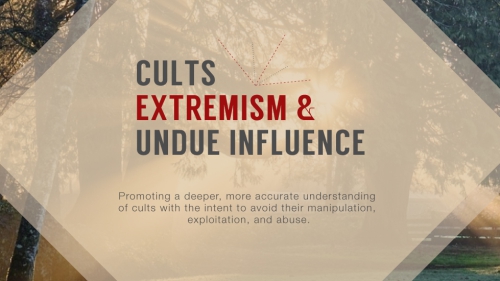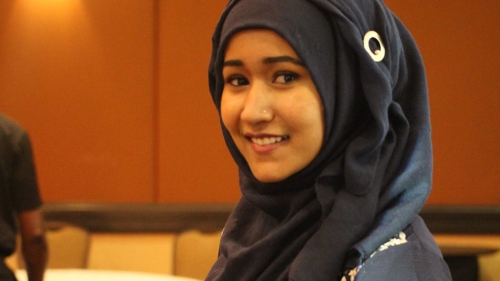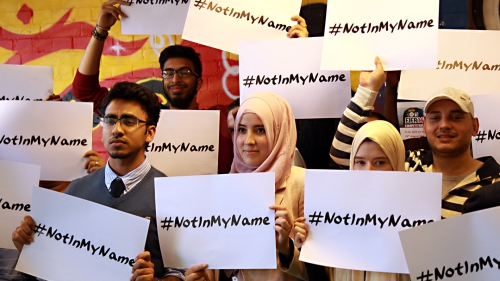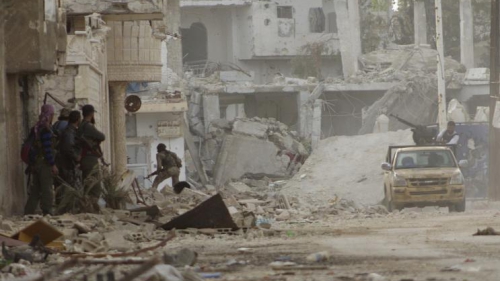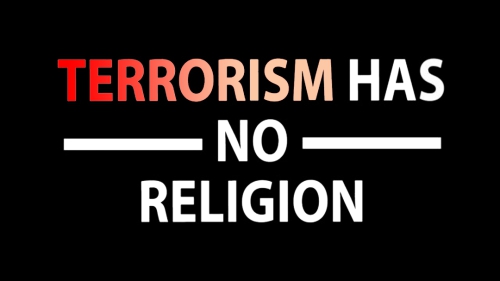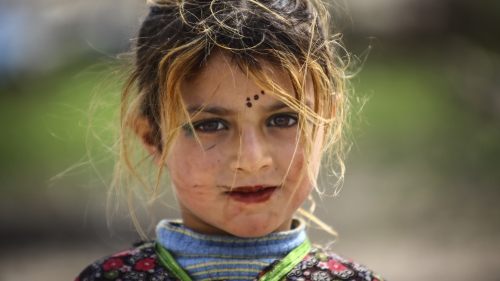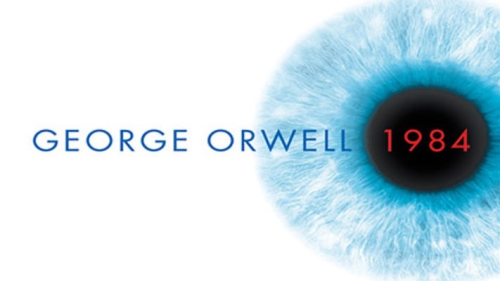Terrorism is against Islamic Principles

On the night of July 1st, 2016 in Dhaka, Bangladesh, a small group of radicalized youngsters took a number of civilians hostage in a posh restaurant and killed 20 or so foreigners, mostly non-Muslims. This raised many questions about the radicalization of these youngsters, who were from well-to-do and educated family backgrounds. As the soul-searching began (based exclusively on the government's narrative), especially to better understand the radicalization process, fingers were pointed at some well-known preachers, who seem to have been influencers for some of these radicalized youth. What puts them on the path of radicalization, so easily and so fast? To answer this would probably require further serious investigation. However, here we deal with an example where the rhetoric of a popular Muslim preacher may have had a misleading influence.
I have not been a fan of Dr. Zakir Naik, one of the most popular and visible preachers in our time with global reach through his PeaceTV. I myself have not been drawn to any of these preachers because I learn more from reading than watching TV/videos or listening to lectures or audio recordings. While on many issues he has a way of explaining things in a simple manner and connecting with grassroots people, sometimes it is overly simplistic and at other times issues are stated in a way that can be not only misleading, but also outrageous and dangerous.
In the following report, including a video, Dr. Naik was explaining his position on Osama Bin Laden, and ended up with the statement "Every Muslim should be a terrorist". "
'... If he (Osama bin Laden) is fighting the enemies of Islam, I am for him,' Naik said in a widely watched 2007 YouTube video. "If he is terrorizing the terrorists, if he is terrorizing America, the terrorist, the biggest terrorist, I am with him. Every Muslim should be a terrorist.'"
This type of statement can be, as I mentioned, both misleading and, more importantly, dangerous. Unfortunately, in many cases such preachers in the Muslim world do not have any accountability. While he has made an invaluable contribution to the field of da'wah, his method and approach can be highly alienating and confrontational toward other religions.
I have no reason to believe that Dr. Naik believes in violence as a common means to achieve any goal. Indeed, that would simply be contrary to the core, branding of PEACE TV. He himself has publicly taken a position against ISIS and its lunatic violence that is assaulting everything that is considered sacred and inviolable. Indeed, there are occasions where he himself has clarified further his statement "Every Muslim should be a terrorist" and asserted: "No Muslim should terrorize another innocent human being." He has even claimed in the aftermath of the Dhaka incident that the video (in the context of Bin Laden) where he stated "Every Muslim should be a terrorist" was doctored. Yet, sometimes too much talking and preaching can make one vulnerable to loose talks, incorrect statements and inappropriate rhetoric that can easily be misquoted or abused. This is especially important in this age where most people don't go beyond the headlines, slogans, and cliches. Discounting his claim that the video has been doctored, this particular statement, taken into context (not out of context) on another occasion in reference to Osama Bin Laden, is inappropriate in my view.
If the video has been doctored, even then he has made a statement that lends itself to be abused and misrepresented by others. Innocent, gullible minds, young and not-so-young, can be potentially negatively influenced by such rhetoric. Whether it had the alleged impact on the young attackers in Dhaka is something to be established. Subsequently, the State Intelligence Agency of Mararashtra has cleared him of all the common allegations. Of course on several occasions Dr. Nail has repudiated ISIS and its likes in no unclear terms. Moreover, his works of da'wah (propagation of religion) is basically through theological engagement, not through violence. Indeed, he has helped common Muslims tremendously to understand Islam and to present Islam to others, though albeit in his own peaceful way. A case can also be made that his approach and views have prevented Muslims from embracing paths of ISIS-like extremism.
In light of all his preachings taken into context, this particular statement on which many critics have focused might be unfair and any attempt to prosecute or ban him would be just counterproductive, especially for his global devotees who are generally peace-loving. The traditional religious establishment has not been happy with him, as he has become a global superstar for millions of Muslims without being an insider to the traditional establishment; equally, various religious groups - whose religions Dr. Naik routinely analyzes to expose their weaknesses and argue that Islam is the right religion - are also unhappy. Thus, he has a lot of detractors and critics. Nevertheless, why get carried away in reckless rhetoric? This is especially important for people with extremely high grassroots visibility and popularity, and more important when making statements that might have political implications. It should also be noted that many such preachers are not politically savvy and thus prone to making un-hedged statements without the desired level of circumspection.
We are living in an extremely divisive global environment where we demonize those whom we do not like, and Muslims or non-Muslims, we are becoming vulnerable to prejudice, bigotry and inhumanity. This is the kind of environment and the kind of rhetoric where the seed of our self-righteous arrogance and puritanism grow, leading to indoctrination about intolerance toward others. The global footprint and role of the major power brokers of the world are adding fuel to the fire. Thus, Dr. Naik is not inspiring people to become terrorists and he is on record in regard to his position against indiscriminate violence, especially against the innocent civilians, but in this context his use of the term "terrorist" is densely incorrect and the language definitely not measured and appropriate. (Note to the devotees and detractors of Dr. Naik: We are humans and sometimes we leave proof of our humanness not so intelligently. One particular statement should not be used to judge the good and valuable contributions of an individual.)
Muslims stand up for justice and humanity. They live and devote their entire life to make the world a better place. They can sacrifice their lives to save a fellow human being, irrespective of their background. Sometimes they face situations requiring rising up in the case of occupation, aggression or colonization, but that's a different thing. In that case people are fighters for freedom and human dignity. That's not what "terrorism" is all about. Let Muslims remember the message from the Prophet Shuaib in the Quran: "I wish not, in opposition to you, to do that which I forbid you to do, I only desire (your) betterment (Islah) to the best of my power; and my success (in my task) can only come from Allah; in Him I trust, and to Him I turn." Quran 11:88
Muslims indeed need to understand their role as bridge-builders who make this world a better place. That role ranks higher in priority than even our prayer, fasting and other rituals. The Apostle of Allah (s) said: "Shall I not inform you of something more excellent in degree than fasting, prayer, and sadaqah? The people replied: Yes, Prophet of Allah! He said: It is ISLAH -putting things right between people; spoiling them is the shaver (destructive)." [Sunan Abu Dawood; vol. 3, #4901]
This is not compatible in any way with the term "terrorist" and it is from this perspective I am afraid I find such statements deeply disturbing.
NO. An emphatic NO. A Muslim OUGHT NOT be a terrorist. Where necessary they stand up for justice and human dignity, for themselves AND for humanity. But that's something noble and still requires observing Islamic principles of non-aggression, proportionality/moderation, and a goaloriented approach to make society and the world better. More often than not, this is not necessarily achieved merely through violence.
In strength or in weakness, in good times or bad, in opportune moments and in adversity, Muslims are CREATED FOR HUMANITY to be exemplary in setting examples for what is good and right and to avoid what is evil and wrong. Let's remember and affirm the clarion call of the Quran: “You are [expected to be] the best of people CREATED [as an example] for humanity. You enjoin what is right and forbid what is wrong and believe in God…” Quran 3:110
The author, an economist and Islamic Finance expert, can be contacted at farooqm59@gmail.com or through Linkedin






